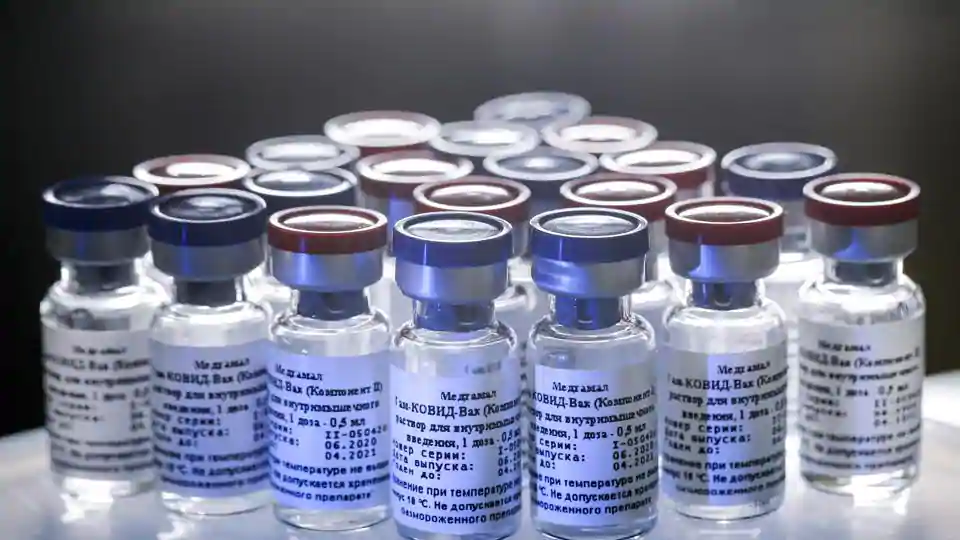The rate of mutation of the Covid-19 virus has been surging in Bengaluru when compared with the national average, according to the observation reports from the researchers at Indian Institute of Science (IISc).
Professor Utpal Tatu, Department of Biochemistry, IISc headed the research team, who discovered that isolates or viral samples collected from the nasal secretions of the Covid positive people from the city had as many as eleven mutations for every sample, which is more than the national average (8.4) and global average (7.3), based on the statement given by IISc.
Professor Tatu mentioned about the possibility for variation among the numbers as the study was conducted in 2020 but had pending peer review prior to November before subjected to publication in Journal of Proteome Research for February month.
He said, “Our findings have been corroborated by developments since. For one, we found that a majority of isolates in Bengaluru contained a mutated variant of the novel coronavirus which was named D614G. Now, the D614G variant is the most common variant of the virus in Bengaluru.”
He further said, “But can the city’s mutation rate mitigate the effectiveness of vaccinations or drive a new Covid resurgence? “The verdict is still out.”
Alongside, in another research paper, researchers from the Institute of Genomics and Integrative Biology (CSIR – IGIB) have presently conducted a study on 146 new Covid-19 variants for “escape mutations” which facilitates certain variants to “evade” antibodies that kill them.
The rising concern was variant N440K. Vinod Scario, Adjunct Professor, CSIR-IGIB said, “As per the latest information, the N440K variant has been found in large numbers in Karnataka.”


